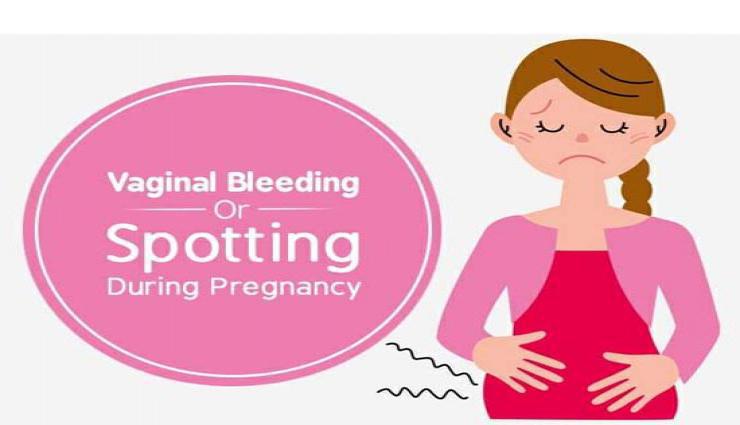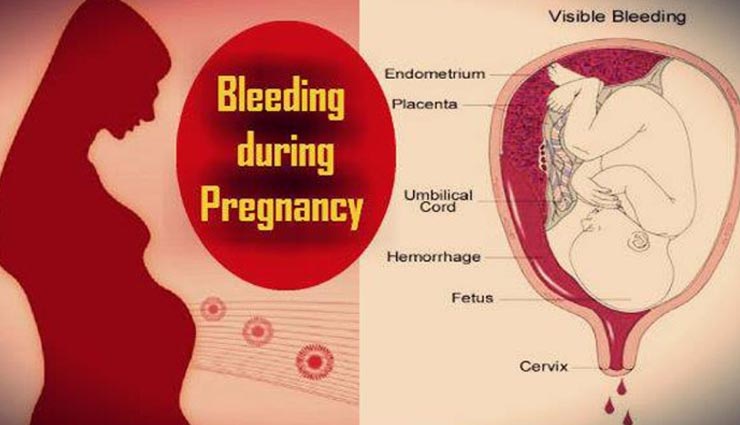- Home›
- Healthy Living›
- Any Kind Of Bleeding During Pregnancy Needs Attention
Any Kind Of Bleeding During Pregnancy Needs Attention
By: Priyanka Maheshwari Wed, 30 Aug 2017 5:24:51

Any type of bleeding is terrifying during pregnancy, even for the most level-headed mom-to-be. The good news: Although spotting occurs in nearly one-third of all pregnancies, it often poses no threat to mom or baby. It's common for a small percentage of pregnant women to have spotting after intercourse, for example, and others may have bleeding for reasons that have nothing to do with pregnancy, such as infections or tears to the vaginal wall.
# The First 20 Weeks
Doctors estimate that 25 to 40 percent of women will experience some vaginal bleeding during the first trimester of their pregnancy, and more often than not the pregnancy will progress totally normally. Causes of innocuous spotting or bleeding in the first half of pregnancy, including:
- Implantation bleeding, which occurs about 4 weeks into your pregnancy as the fertilized egg attaches to your uterine wall.
- Hormonal changes
- Sexual intercourse
- Infections
- Internal exam done by your obstetrician or midwife
- Chemical pregnancy, which occurs when an egg is fertilized but never fully implants in the uterus.
- Miscarriage (either threatened or imminent), which is the spontaneous loss of a pregnancy in the first 20 weeks. Often, the bleeding or spotting that occurs during a miscarriage will be accompanied by other symptoms, such as cramping or abdominal pain.

# The Last 20 Weeks
Although the risk of miscarriage (known as a stillbirth after the first 20 weeks) diminishes greatly after the first trimester, and many of the early complications are no longer a factor (such as ectopic and molar pregnancies), bleeding during the second half of pregnancy should be taken very seriously, especially if it's ongoing. Causes for bleeding in the second half of pregnancy include:
- Sexual intercourse
- Placental abruption, in which the placenta tears away from the wall of the uterus, can cause severe vaginal bleeding and is life-threatening to both Mom and Baby. According to the American Academy of Family Physicians, a placental abruption is the most common cause of serious bleeding during late pregnancy. The condition is rare, and occurs only in about one percent of all pregnancies.
- Preterm labor, in which vaginal bleeding is accompanied by cramping or contractions, diarrhea, pelvic pressure, or back pain before 37 weeks, could have serious repercussions for the baby if not managed. After 37 weeks, these symptoms could be a normal start to labor.





